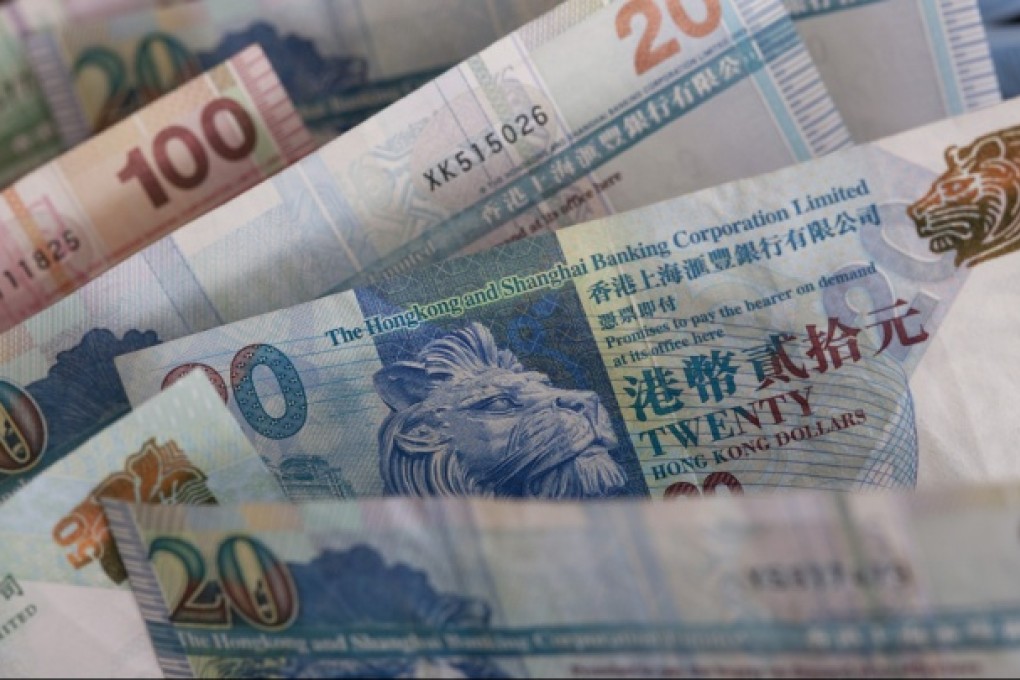Hong Kong not gaining from peg
The Hong Kong dollar is pegged to the US dollar by a currency board. This obsolete arrangement is also used by other economies such as Bermuda, Antigua and Barbuda, and the Cayman Islands.

The Hong Kong dollar is pegged to the US dollar by a currency board.
This obsolete arrangement is also used by other economies such as Bermuda, Antigua and Barbuda, and the Cayman Islands.
The peg increases inflation, due to our inability to adjust the upward strength of the Hong Kong dollar. Whatever labour productivity gains are made by our hard-working middle class are not reflected in a stronger dollar as the Hong Kong Monetary Authority immediately pushes down the dollar to keep the peg within the required range, thus reducing our purchasing power. Salary increments do not catch up with other relative price increases.
This situation is further exacerbated by the fact that much of imported inflation is due to hot money coming into the SAR.
It is used to invest in property and mainland shares and spending by mainland tourists raise prices.
This influx of money may have generated a few extra jobs, but its net effect is questionable. It creates uneven growth and only benefits the rich and certain sectors at the expense of the majority. By suppressing our currency we enable people from outside Hong Kong to buy our assets and pay for our labour at a discounted price. The more productive we are, the cheaper it becomes relatively for others overseas. We are priced out from our goods locally but mainland visitors enjoy great bargains here.